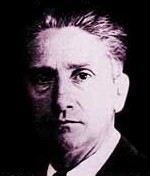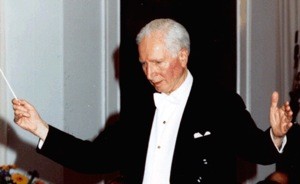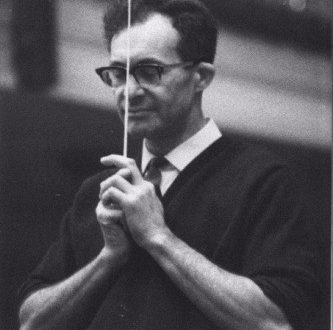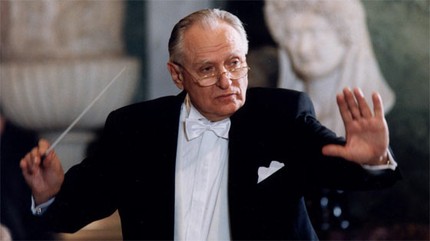
Роже Дезормьер (Roger Désormière) |
Roger Desormiere

A talented conductor and promoter of music, Desormières left a bright mark on art, although his creative path ended at the very top. In the XNUMXs and XNUMXs Lezormière’s name rightly stood among the names of the most prominent conductors. The best examples of his interpretation of many works of French music have been preserved in recordings, including on the Supraphone records, which are well known to us.
Desormière received his musical education at the Paris Conservatory in the class of C. Kequelin. Already in 1922, he was awarded a prize for his compositions, and two years later he first attracted attention as a conductor, holding several concerts in Paris and conducting an orchestra in performances of the Swedish Ballet. For a long time Desormière worked with Diaghilev’s Russian Ballet and traveled with him to various European countries. This brought him not only wide popularity, but rich experience in practical work.
Since 1930, Desormière’s regular concert activity began. He conducts orchestras and opera performances in all the major centers of Europe, takes part in music festivals, including especially often in the annual festivals of the International Society for Contemporary Music. The latter is natural – Desormière was one of the first French conductors who resolutely turned towards the modern repertoire; the scores of the composers of the “six” and other contemporaries received in him a passionate propagandist and a bright interpreter.
At the same time, Desormières became famous as an excellent connoisseur of early music and the work of Renaissance composers. Since 1930, he became the head of the concerts of the “Society of Early Music”.
Held regularly in Paris, they were very popular. Dozens of half-forgotten and revived by Desormière works by K. Le Zhen, Campra, Lalande, Monteclair, Rameau, Couperin and other composers were performed here. Many of these compositions were published under the editorship of the conductor.
For twenty years, Desormière was at the center of the musical life of Paris, directing at different times the concerts of the Paris Symphony Orchestra, the Philharmonic Society, the National Orchestra of French Radio and Television, as well as conducting the performances of the Grand Opera and Opera Comique; the artist was the director of the latter in 1944-1946. Desormière then abandoned all permanent positions and devoted himself exclusively to touring and radio appearances. His last concerts were at the 1949 Edinburgh Festival. Soon after, a serious illness blocked his way to the stage forever.
“Contemporary Conductors”, M. 1969.





